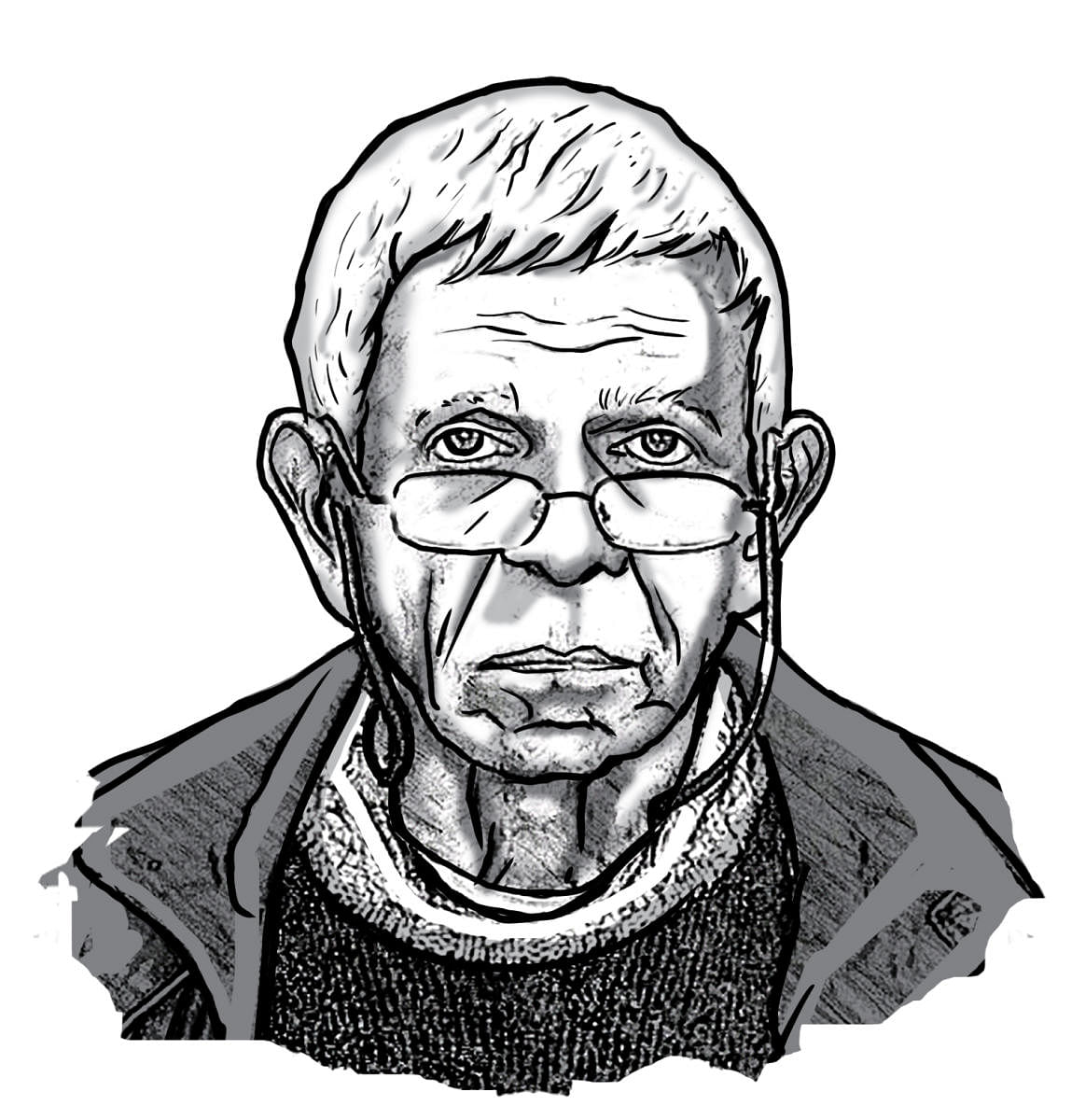
To reduce the carbon footprint of gas-powered vehicles, a global race is on to mass produce clean energy vehicles, primarily electric vehicles (EV) with rechargeable batteries. Indian politicians have been quick to jump on the bandwagon, failing to recognise that this is just a quick fix, not sustainable in the long run.
The batteries of electric vehicles will need to be periodically recharged using some other power source such as a locality’s power grid, most of which are fossil-fuel based. Doesn’t this defeat our goal to reduce our excessive reliance on fossil fuels? Imagine thousands of EV owners in any metropolitan area deciding to charge their batteries overnight. Won’t severely stressing the power grid result in blackouts, impacting everyone in the area? Even without EVs, power outages have been a perennial problem in much of India.
Rechargeable batteries these days require minerals such as copper, nickel, lithium and cobalt -- minerals found in large quantities in the Democratic Republic of Congo (DRC), once a private colony of Belgium’s King Leopold II. Since Elon Musk has contracted with the DRC to obtain much of its lithium and cobalt deposits for his Tesla cars, will he follow in the footsteps of Leopold, who ruthlessly exploited the country with incredible brutality? Mining operations always result in the wholesale destruction of flora and fauna, displacement of populations, and the polluting of waterways.
And don’t forget. EVs, themselves made mostly of petroleum-based plastics, contain numerous digital modules that are susceptible to hacking and can be rendered inoperable by anyone from anywhere, and at any time.
Supposed technological solutions to address problems created by human wants rather than needs often create a whole host of newer problems, usually left to be solved by future generations. Gutting publicly-owned mass transit systems and deliberately situating homes, workplaces and shopping areas far apart from each other to ensure that everyone will need to own a car, preferably an electric one these days, speak to acts of greed, not stewardship of the planet’s limited resources.
The following events that occurred between 1962 and 2011 are worth recalling if only because the whole world has been blindsided by rapidly capitulating to the coercive and corrosive power of technologists of all stripes -- the publication of Rachel Carson’s Silent Spring (1962) and Ernst Schumacher’s Small is Beautiful: Economics as if People Mattered (1973), creation of the US Environmental Protection Agency (1970) and the World Wide Web (1989), OPEC’s oil embargo (1973), extensive use of Agent Orange in Vietnam (1962-1975), and the Chernobyl (1986) and Fukushima nuclear power plant disasters (2011).
Carson’s book, Silent Spring, a critical examination of how the unquestioned use of chemical pesticides was resulting in tremendous damage to humans, livestock and vegetation, led to the creation of the Environmental Protection Agency, banning of the pesticide DDT, and the enactment of stringent laws to protect air, land and water resources in the US. Synchronically, the US was also mining Hanoi and Haiphong harbours and spraying Agent Orange across large parts of Vietnam to eliminate all vegetation which was providing cover for Ho Chi Minh’s soldiers battling US soldiers.
In Small is beautiful, Schumacher used the word “gigantism” to describe the enormous economic and political systems that had been created just to facilitate the global merchandising of cheap consumer goods. He was concerned that western economic systems, with their focus on profitability rather than human need, led to environmental degradation and the dehumanising of people, with scant regard to human relationships. He was a passionate advocate of decentralised human-scale systems with appropriate technologies, especially in developing countries. The e-commerce models of Amazon and Flipkart do not exactly fit Schumacher’s vision, do they? And now, EVs?
The Arab oil embargo in 1973 did inflict some damage to western economies for about two years; many of these economies partially switched to nuclear power plants as a viable alternate energy source -- until the Chernobyl nuclear disaster struck. However, this has not altered their environmentally damaging petroleum consumption patterns over the last 50 years.
Isn’t it curious that the US Office of Nuclear Energy has been actively promoting nuclear energy as the cleanest and most reliable energy source, two to three times more reliable than wind and solar power, but there is no mention of Chernobyl or Fukushima? Wind and sun are free, fissionable material isn’t.
Can dirt from digging a hole on earth be used to fill up a hole in the ozone layer? I am not sure.
(Roger Marshall is a computer scientist, a newly minted Luddite and a cynic.)